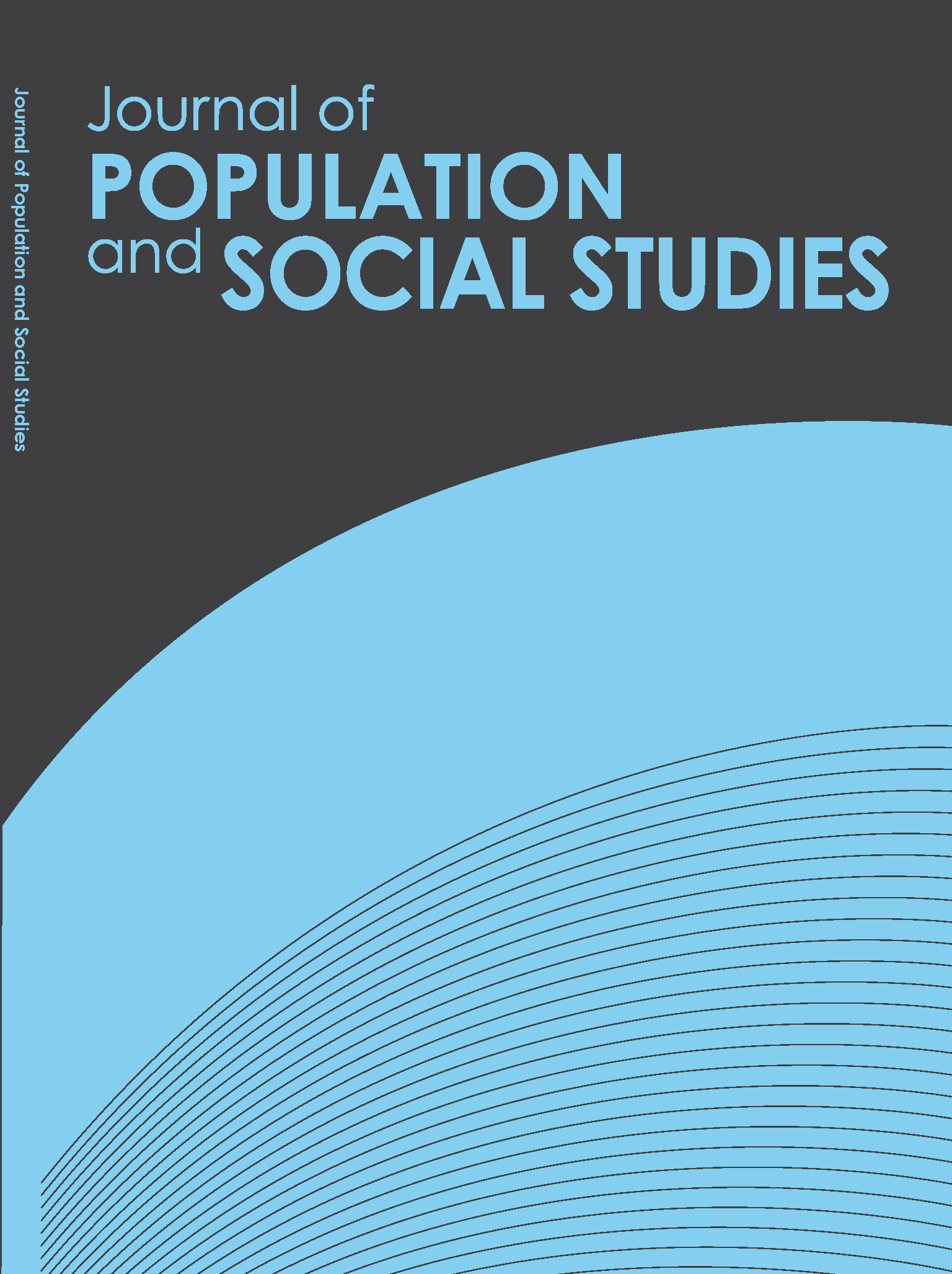Factors Contributing to Childbearing Intentions of Married Working Women in Korea
Main Article Content
Abstract
This study explores the factors contributing to childbearing intentions among married working women in Korea. Using the 2012 National Survey on Fertility and Families of Korea, a total of 1,408 respondents were selected based on marriage, work and age. By conducting a logistic hierarchical analysis, the study examines the relationships between economic, social and psychological factors and childbearing intentions based on three parities: women with no children, one child and two or more children. Findings show that age, income level and childcare shared with spouses were determinants of married working women’s childbearing intentions. Also, findings indicate that government support for childcare significantly influences married working women’s future childbirth intentions, while marital satisfaction serves as a mediator between various factors and married working women’s childbearing intentions. Findings suggest that gender inequality should be addressed in both the labor market and the domestic sphere to encourage married working women to start families. Also, public childcare support should be
expanded and diversified according to the needs of married working women since it may have a positive effect on their childbearing intentions.
Article Details
References
Baik, K. M. (2009). A study of women’s work and life by corporation type to search for gender-sensitive family-friendly policies. (Unpublished master’s thesis). Dongduk Women’s University, Seoul.
Becker, G. (1985). Human capital, effort and the sexual division of labor. Journal of Labor Economics, 3(1), S33-S58. doi: /10.1086/298075
Cho, S. E., Jeong, J. Y., & Yoon, S. Y. (2006). Men’s participation of the market labor and the housework: Focused on qualitative analysis of the contents in newspaper articles. Journal of Korean Home Management Association, 24(1), 129-140.
Jang, H. K., Kim, H. K., Lee, J. S., Kim, H. J., & Jang, W. K. (2002). A study on the systematization of foreign family policy and Korea’s family policy and dedicated department. Seoul: Korea Women’s Development Institute.
Jang, H. Y. (2015). Exploration of ecological factors affecting married women’s intentions for childbirth. (Unpublished master’s thesis). Chung-ang University, Seoul.
Jeon, J. H. (2012). Additional birth intentions on married women depending on employment status: Analysis of the economic, cultural and regional variables. (Unpublished master’s thesis). Seoul National University, Seoul.
Jeong, E. H. & Choi, Y. S. (2013). The factors associated with the birth plan for second child and second birth for married women in Korea. Health and Social Welfare Review, 33(1), 5-34. doi: 10.15709/hswr.2013.33.1.5
Jeong, H. O. (2006). A study on factors influencing childbirth intentions in households with one child. (Unpublished master’s thesis). Sungkyunkwan University, Seoul.


